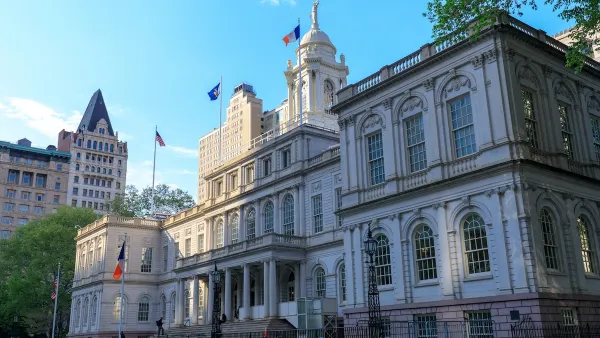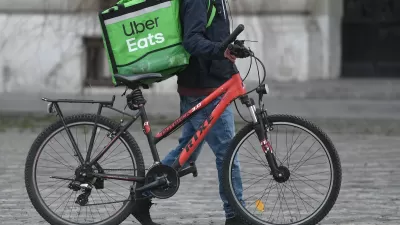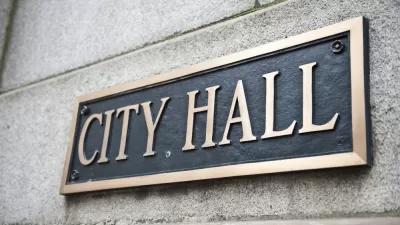A new report by Deloitte looks at the way government could be re-structured by 2020 due to influences of business and technology.

As discussed by Ben Schiller on Co.Exist, Deloitte's Government 2020 Report analyzes the trends of the business and technology sector and how they could impact government processes in the future. Indeed, in the report Deloitte outlines how it expects governments to become a collection of people doing various jobs, rather than the current large hierarchical silos that exist today. "Governments [will] expand their talent networks to include 'partnership talent' (employees who are parts of joint ventures), 'borrowed talent' (employees of contractors), 'freelance talent' (independent, individual contractors) and 'open-source talent,'" according to the report.
Big data analytics will also play a larger role in the future, helping governments measure the effectiveness of a law or regulation in the same vein that companies measure the effectiveness of marketing campaigns or user interface design changes.
In addition, Deloitte speculates on the growth of collaborative consumption and the sharing-economy, "which turns underutilized products into on-demand services, changes how cities function, from transportation and education to water and energy supplies... Sector-spanning sharing solutions reduce pressure on public infrastructure and services, making the zero-emissions city possible."
FULL STORY: Can Business And Tech Transform The Way Our Government Works By 2020?

Maui's Vacation Rental Debate Turns Ugly
Verbal attacks, misinformation campaigns and fistfights plague a high-stakes debate to convert thousands of vacation rentals into long-term housing.

Planetizen Federal Action Tracker
A weekly monitor of how Trump’s orders and actions are impacting planners and planning in America.

Chicago’s Ghost Rails
Just beneath the surface of the modern city lie the remnants of its expansive early 20th-century streetcar system.

Bend, Oregon Zoning Reforms Prioritize Small-Scale Housing
The city altered its zoning code to allow multi-family housing and eliminated parking mandates citywide.

Amtrak Cutting Jobs, Funding to High-Speed Rail
The agency plans to cut 10 percent of its workforce and has confirmed it will not fund new high-speed rail projects.

LA Denies Basic Services to Unhoused Residents
The city has repeatedly failed to respond to requests for trash pickup at encampment sites, and eliminated a program that provided mobile showers and toilets.
Urban Design for Planners 1: Software Tools
This six-course series explores essential urban design concepts using open source software and equips planners with the tools they need to participate fully in the urban design process.
Planning for Universal Design
Learn the tools for implementing Universal Design in planning regulations.
planning NEXT
Appalachian Highlands Housing Partners
Mpact (founded as Rail~Volution)
City of Camden Redevelopment Agency
City of Astoria
City of Portland
City of Laramie





























